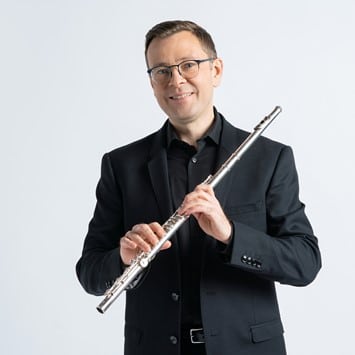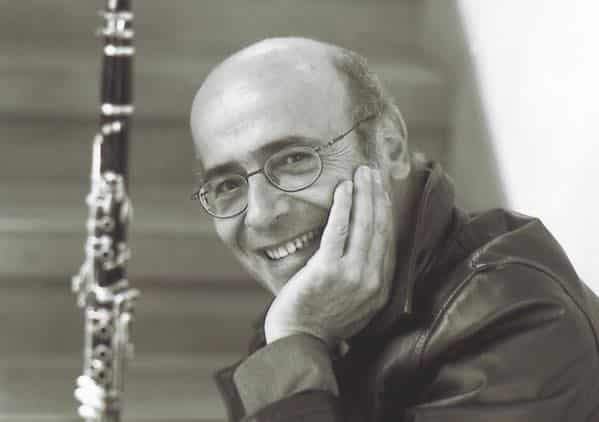A free lesson from the world’s #1 conducting teacher
mainJohn Hixson, who has written for Slipped Disc about his friend Pierre Boulez, is a former student of Jorma Panula at the Sibelius Academy, widely regarded as the world’s most influential and successful conducting teacher. We asked John how Jorma does it. Here’s his account.
“Don’t get in the way”
The conductor, composer and legendary musical mentor to many, Jorma Panula, is difficult to write about, so it is perhaps done best in an approach similar to his bold and unconventional character. It is a character that is simple and direct, but deep and strong. Very personal and warm as well, he very much embodies that Finnish sense of sisu which is probably best translated as bold, simple, direct and strong. He is tremendously important to me, fortunate to have known him for almost 20 years.
Interested in conducting as I was wrapping up my doctoral degree at The Juilliard School, and impressed by conductors such as Esa-Pekka Salonen and Jukka-Pekka Saraste, I soon became aware of Jorma. On a trip to Finland, I found a phone book and simply looked him up and called. I had studied Finnish via the Juilliard and Columbia University exchange program, so I asked in Finnish if I could attend a masterclass and he said that would be fine. Before that, in the Juilliard library, I was supposed to be writing a paper on Mendelssohn, but there was a book in the M section, Conversations with Menuhin, which I flipped open and David Dubal asked him who was the best young conductor at that time and Sir Yehudi Menuhin said it was Panula, who actually shapes music rather than just beats time. I found that to be an interesting coincidence.
After meeting in Helsinki we decided on a masterclass in Mikkeli, the first among many, as well as much time spent in restaurants, his home in Finland, my apartment in NY and communication that continues until now that I am here in Tokyo. In Mikkeli, I prepared various scores, among which was the Barber Adagio. I have only slightly competent pianistic ability, but had learned that score and when he asked what I would do first, I mentioned it. He was delighted and said he loves that piece; I sat at the piano, played, and he conducted me while the orchestra was warming up. It was perhaps the beginning of a very good relationship.
Whilst Jorma is very Finnish, he is also deeply studied in Asian culture, particularly about the mind, body and spirit aspects.
He had rented a house in Mikkeli for the students. The second day of the course, I woke up early and found him doing seated breathing meditation. I went to splash some water on my face and brush my teeth and going back to my room, he was standing up. We said good morning, and then he pointed at the dantien or tanden in Japanese, (the location of an important place of energy often said to be three fingers below the navel) and indicated with his left hand a flow of energy that started with his breath and in the gesture of an upbeat, reached to his right hand and projected out. That was the beginning of a most important lesson.
The lessons continued in NY, in Italy, other places in Finland and also in Russia. He always insisted I would come one week early and stay in his house, and then take the overnight train from Helsinki to Moscow. In his house, the best example of rustic and elegant Scandinavian design I know, we would have long nights of excellent food prepared by his wife Marja, the former principal cellist of Helsinki Phil, top-notch wine or cognac (his favourite) and early mornings of coffee and tea, some time out in the woods doing some yard work – then going over scores, phrase by phrase, gesture by gesture, insight by insight. Sometimes he would call up a neighbour who had the traditional savu sauna (made by smoking the interior for several hours, favoured by Sibelius, not the electric one that passes for a sauna these days), and we would reflect on many things.
The three or four times we took the train to train to Moscow was fun, in part because of the Russian sparkling wine and caviar in a dining car straight out some kind of old Soviet movie, but also his tales of the great Finnish composers that influenced him, his conducting teachers and sometimes just boyish silly jokes.
His approach to music is based on a profound respect for the composer and score, and a strong distaste for musicians who make music to glorify themselves. One of his maxims for conducting students is, “don’t disturb.” It is a direct translation from Finnish, which makes perfect sense. I had translated some of his texts into English and said it is better to say, “Don’t get in the way.” I don’t know which is better now, but then I thought it was better. He grumbled and growled and said, “don’t disturb!”
One day after that, back in NY, by chance in a magazine shop, I saw a BBC classical music magazine featuring him on the cover. I leafed through the article, where he said his basic philosophy of conducting is, “Don’t get in the way.” I was a bit touched…
Jorma’s way is to respect the score, respect the individual, respect the orchestra, respect each student as an individual, and most of all, listen, listen, listen… study, study, study…
Focus. Center.






Comments